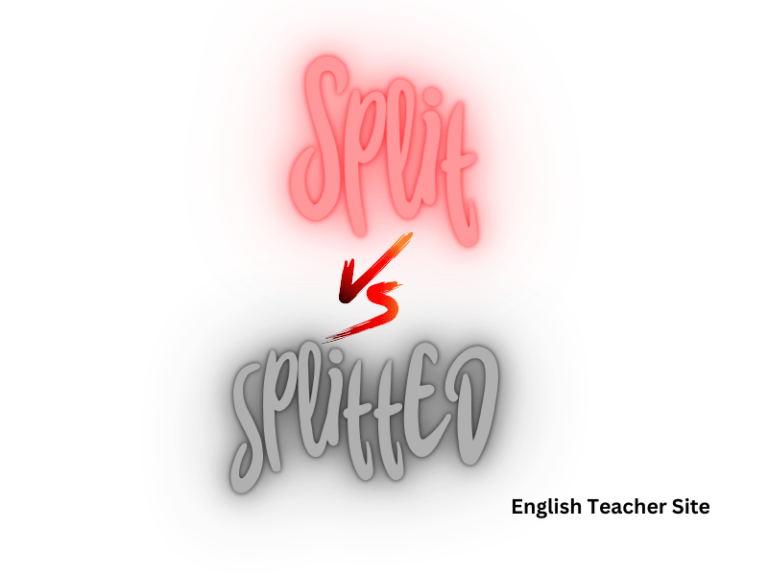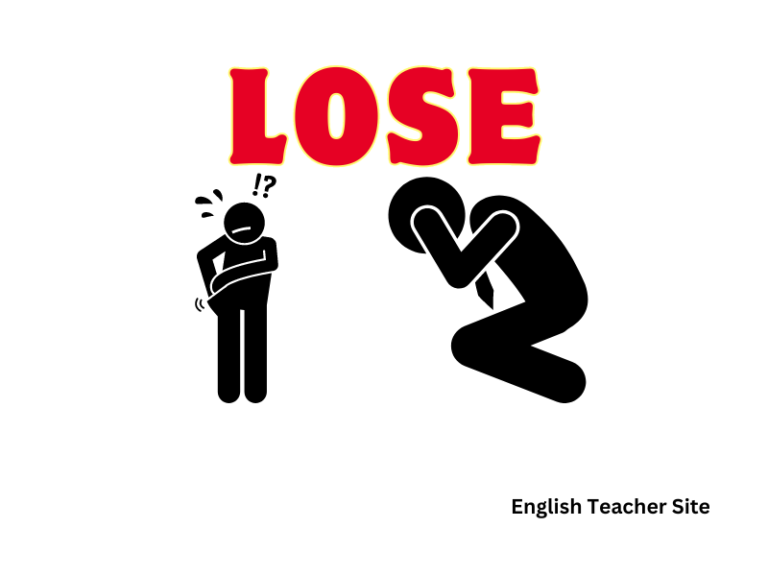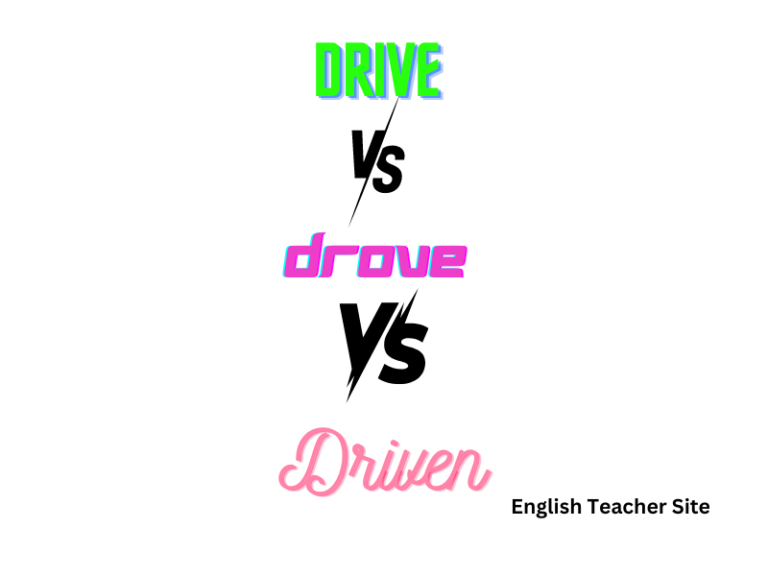Confused by the Past Tense of Swing? Get the Facts Here
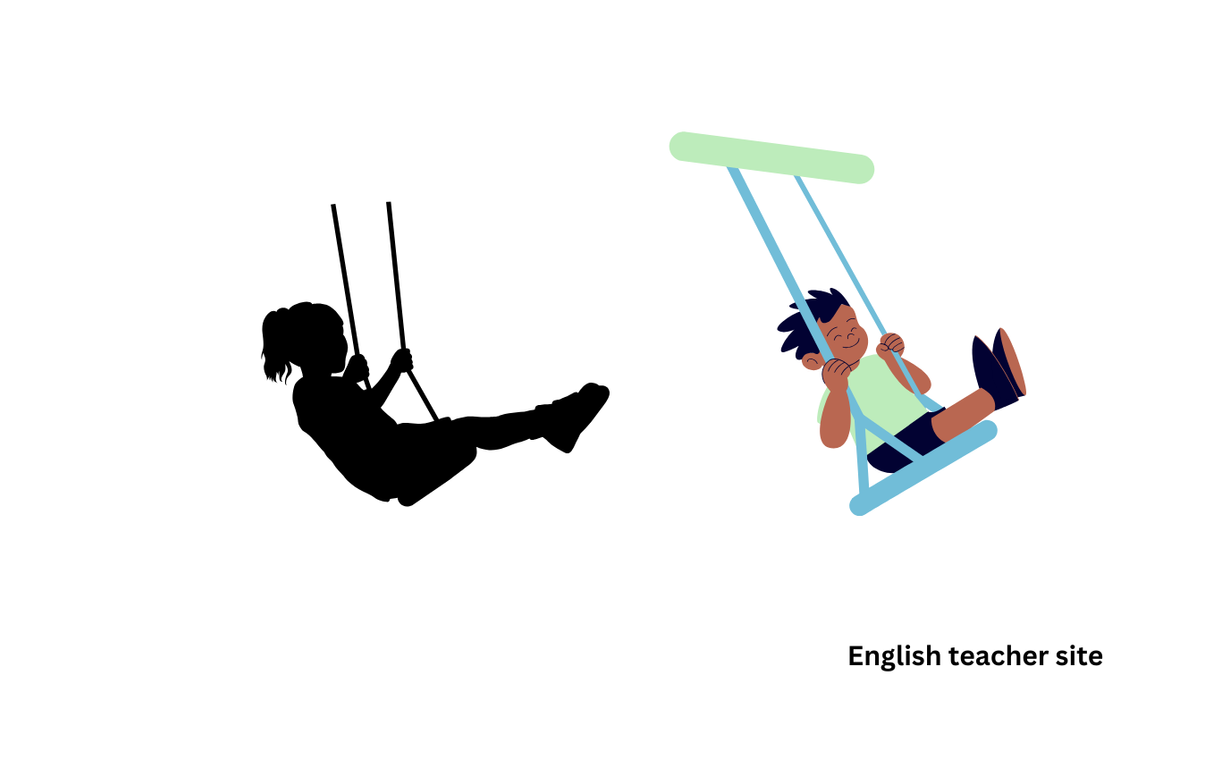
The Mystery of Swing in the Past Tense
The past tense of “swing” often leaves many people scratching their heads, unsure of whether to use “swinged” or “swung.” This confusion arises because English grammar follows certain patterns with verb conjugation, but “swing” is an irregular verb, and it does not conform to those patterns. In the case of most regular verbs, you would simply add “-ed” to the base form (e.g., “jump” becomes “jumped”). However, “swing” follows a different path. Understanding the mechanics behind the past tense of “swing” is crucial for both fluent communication and written accuracy.
The Correct Past Tense of Swing: Swung
Understanding the Difference Between Present, Past, and Past Participle Forms
To properly use “swung,” it’s essential to understand the difference between the present, past, and past participle forms of a verb. The present tense form “swing” is used when talking about something happening now, e.g., “I swing the door open every morning.” The past tense form “swung” refers to actions completed in the past, e.g., “I swung the door open earlier.” Meanwhile, the past participle form, also “swung,” is used with auxiliary verbs to indicate a completed action, e.g., “I have swung the door open.”
How Swung Is Used in Different Contexts
The past tense “swung” is commonly used in various contexts. In personal contexts, it could refer to an action you performed yesterday, like swinging a bat at a ball. In a professional setting, it might describe an action that was performed in the past, such as the motion of a crane swinging an object. “Swung” can even have a metaphorical use in business or social situations, like when someone’s opinion swings in a different direction after a discussion.
In every case, “swung” denotes that the action of swinging has been completed, whether physically or figuratively.
Why Swung Doesn’t Follow the Typical -ed Rule
“Swung” doesn’t follow the “-ed” rule because of its irregular formation as a strong verb. When “swing” is conjugated in the past tense, the base verb undergoes a vowel change, a characteristic of irregular verbs. It’s important to recognize that, unlike regular verbs, irregular verbs must be memorized because they do not follow predictable patterns in their past tense forms.
Everyday Examples in Personal, Professional, and Academic Contexts
In everyday speech, “swung” is often used to describe physical motion. For example, you might say, “I swung my legs over the edge of the bed.” In professional contexts, “swung” could describe actions or movements related to machinery or tools, like, “The crane swung the steel beam into place.”
In academic writing, “swung” might be used metaphorically, as in, “The political pendulum swung from left to right over the past decade.” These examples help illustrate the versatility of “swung” across different contexts.
Correcting Mistakes When Using Swing and Swung in Sentences
Common errors include the misuse of “swinged” instead of “swung.” For instance, “He swinged the bat” is incorrect. The right form is “swung,” as in “He swung the bat.” Another error is using the present tense “swing” in situations that should reference a past action. Ensure you’re mindful of when to use the proper tense to avoid these mistakes.
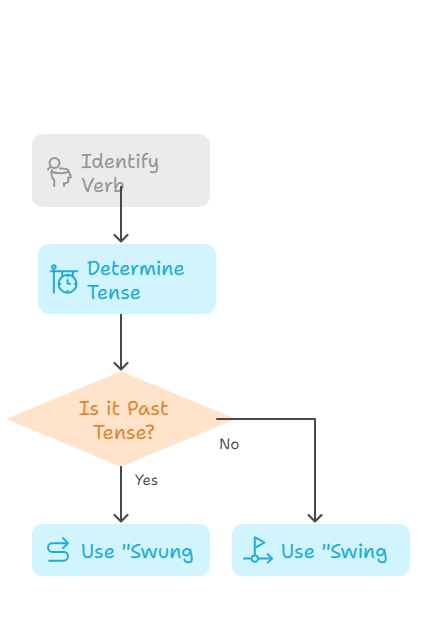
When to Use Swing vs. Swung in Different Tenses
The Past Tense: Swing vs. Swung
“Swung” is used in the past tense when referring to an action that has already happened. For example, “I swung by your house yesterday.” The key difference here is that “swing” is used in the present tense for current or habitual actions, while “swung” refers to actions that are finished and occurred in the past.
The Past Participle: Swing vs. Swung and How to Use Them Correctly
The past participle of “swing” is “swung,” which is used with auxiliary verbs to form perfect tenses. For example, “I have swung the door open” (present perfect), or “He had swung the bat before the pitcher threw the ball” (past perfect). It’s essential to use the past participle correctly to indicate completed actions in these tenses.
Common Mistakes with the Past Tense of Swing
Using Swinged Instead of Swung
One of the most frequent mistakes is using “swinged” instead of “swung.” While it seems logical to apply the “-ed” rule, “swinged” is not a valid word in English. Always remember that the correct past tense form is “swung.”
Confusing Swing with Swung in Compound Tenses
Another mistake occurs when “swing” is used instead of “swung” in compound tenses. For instance, “I have swinged the door open” is incorrect. The correct usage is “I have swung the door open,” as “swung” serves as the past participle in perfect tenses.
Misapplying the Past Tense in Everyday Speech and Writing
In casual speech, people may use “swing” in the past tense, saying something like “I swing the door open yesterday,” which is incorrect. The past tense should always use “swung” when referring to actions that occurred in the past.
Tips for Mastering the Past Tense of Swing
Easy Tricks to Remember When to Use Swung
A helpful tip is to always remember that “swung” is used only when an action is completed in the past. You could also think of swinging something physically, and if the action is done, you used “swung.” A simple mnemonic could be “When it’s done, it’s swung.”
Practice Exercises to Reinforce Understanding of Swing vs. Swung
To practice, try filling in the blanks in sentences:
- “Yesterday, I ____ the door open.” (Answer: swung)
- “I ____ the ball for an hour.” (Answer: swung)
Repetition will help reinforce the proper usage of “swung.”
Conclusion
Mastering the use of “swung” is essential for clear and accurate communication. By understanding when and how to use “swing” and “swung,” you can avoid common errors and sound more fluent. Practice is key—whether it’s simple past tense, compound tenses, or continuous actions, knowing when to use the correct form will make your speech and writing more precise. Keep refining your understanding, and soon using “swung” will be second nature.
Source
Harper, Douglas. “Etymology of swing.” Online Etymology Dictionary
My name is Khamis Maiouf. I am the creator of the English Teacher Site, dedicated to providing valuable resources and insights for students around the world. With a passion for education and a commitment to helping students enhance their skills, I aim to make English teaching more effective and enjoyable for both educators and students.


